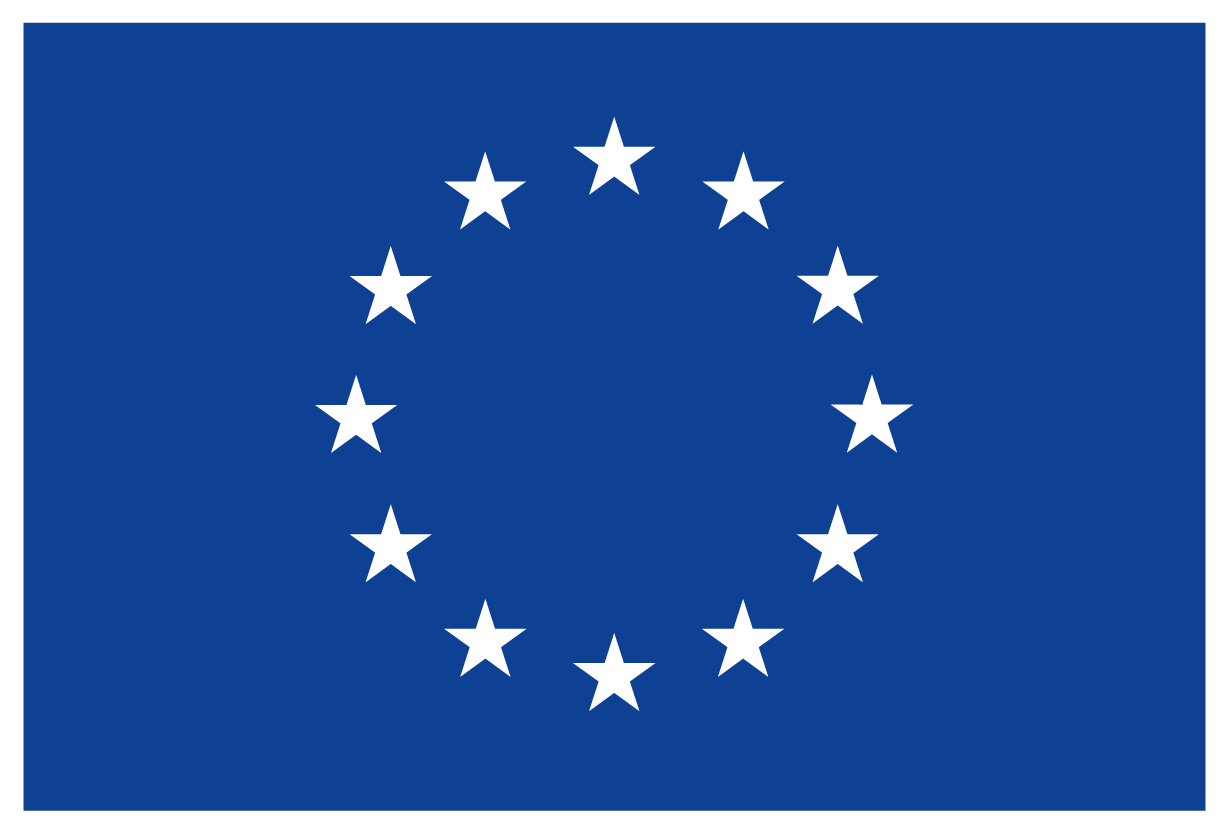Geocluster strategic network to broaden the application range of 4RinEU deep renovation solutions
- Geocluster workshop in Lublin
- Geocluster workshop in Lublin
- Geocluster workshop in Limerick
The scope of the Geocluster strategic network is to investigate the potential application of 4RinEU deep renovation approach in three different EU contexts (Poland, Hungary and Ireland). In each country, an Early Adopter team made of local experts and stakeholders involved in the deep renovation process will draft a feasibility study on a sample building with the support of 4RinEU project partners.
In view to support the Early Adopters in the outlining and implementation of the feasibility study, three workshops will be organised:
- Workshop 1 – Set the strategy: to define the renovation packages to be tested in the Early Adopter buildings. During this first workshop, the partners will collect information to develop the parametric analysis and the evaluation of RES integration with Early Reno.
- Workshop 2 – Technical discussion with the stakeholders: to discuss the results of the parametric analysis and Early Reno and to define how to implement the selected renovation packages (e.g. how to supply and install the PMF, the ceiling fans, the energy hub, etc.).
- Workshop 3 – Presentation and performance assessment: to set-up the monitoring plan and the potential integration of the data handler.
At the end of November – beginning of December 2019 Eurac Research, with the support of TRECODOME, coordinated the first workshops in Ireland and Poland, which were hosted by the local Early Adopter Teams, respectively Limerick City Council and the Foundation for Lubelskie Development. The discussion focused on the features of the existing buildings and the specific constraints for renovation, as well as the main requirements of a standard renovation currently adopted in Ireland and Poland and the ambitions for a 4RinEU deep renovation. In particular, the working team highlighted the main renovation priorities and needs and the expectations of the local stakeholders.
Irish Early Adopter Team
The Limerick city council focused the activities on the building of the Chamber of Commerce located in the Georgian city centre. The construction is an historic building with architectural features common in the centre of the city. Therefore, adopting this building as a case study, although challenging, represents a strategic decision with a significant replication potential. In addition, the Limerick city centre is also involved in the H2020 Smart City project CityxChange, whose activities are focused on the decarbonisation of existing buildings through the reduction of energy consumption, the integration of renewable sources of energy and the set-up of smart energy grids.
During the workshop, Eurac Research devoted a particular attention to the presentation of 4RinEU deep renovation approach for historic buildings, one of the key results of the project to be applied for the feasibility study of the selected case. The Early Adopter team analysed the main constraints and renovation potential of the building and selected the results of 4RinEU which are most suitable for application. As a next step, the 4RinEU team will work on the definition of deep renovation solutions by adopting Early Reno for RES integration and by evaluating a set of applicable deep renovation packages while taking into consideration the historical value of the building.
Polish Early Adopter Team
The first workshop was hosted by the foundation for Lubelskie Development, located in Lublin. It involved the municipality of Wola Uhruska, that owns the selected case study, representatives from the local Energy Agency and local experts from the University of Lublin and from local private companies working on the field of energy renovation.
The building defined as case study is a three-storey construction with a mixed use and with a prefabricated concrete structure. Considering the building features, Eurac Research team and TRECODOME focused the overview of the project results on the prefabricated façade, Early Reno and the methodology for the definition of deep renovation packages.
During the discussion, the local experts highlighted the peculiarities of the existing building, both structural and operational, and discussed about the current minimum requirements foreseen in case of renovation. The Polish legislation requires quite ambitious targets in the current practice, and it will be strategic for the feasibility study to have a special focus on the economic viability of the solution, considering the availability of resources of the municipality. The Polish Early Adopter Team was very committed to work on the feasibility study, since it will be an occasion for knowledge sharing and for the definition of a deep renovation concept to be further replicated in the region.
In the next months we will organise the first workshop with the Hungarian team and we will proceed with the technical discussion with the stakeholders. In particular, we will work to fine-tune the initial renovation concept in Ireland and Poland, and to assess the performances of a set of possible variants to be discussed during the second workshops, planned for June 2020.




 Previous Post
Previous Post Next Post
Next Post